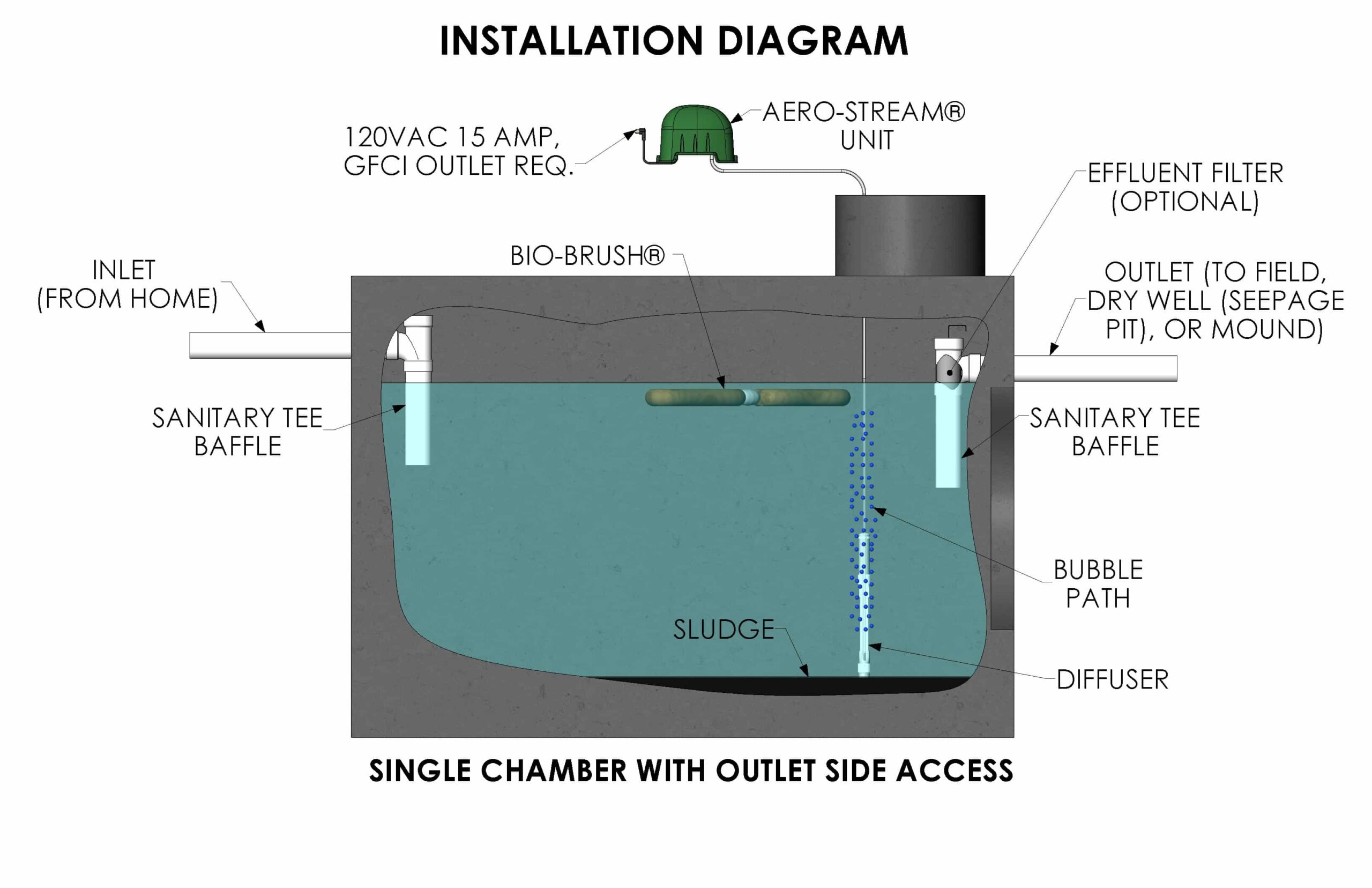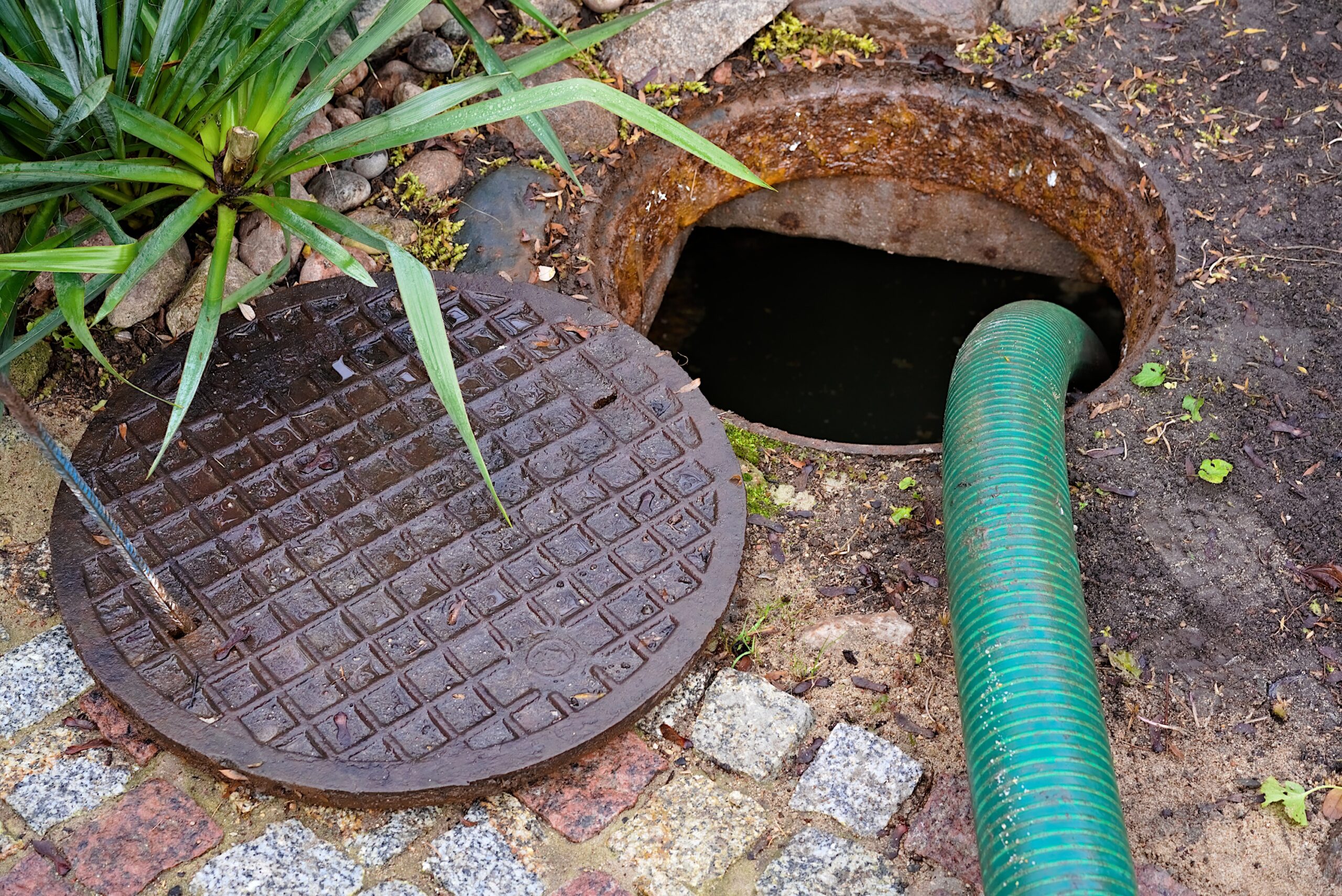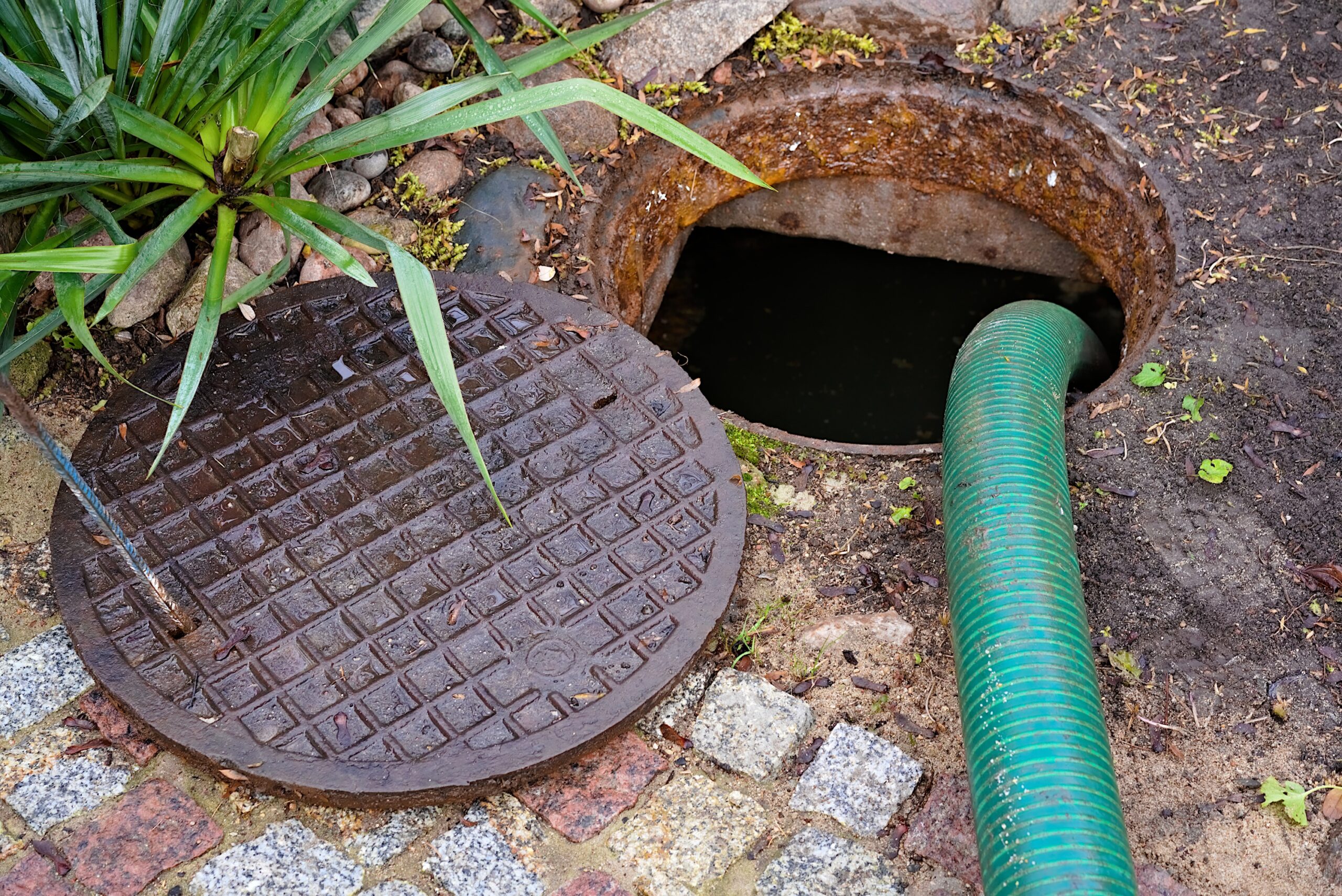Statistics shows that approximately one-fourth of all U.S. homes depend on septic systems to manage their household wastewater. When properly maintained, these systems can be an environmentally responsible method for disposing of sewage. Septic systems allow the natural decomposition of wastes and provide an underground environment where water can be cleansed and purified using the same methods that occur in nature. A properly functioning septic system can be a sustainable and green-friendly way to treat sewage without harsh chemicals and industrial processes.
Bacteria are the key to success
Aerobic bacteria are an important element in the proper management of a healthy septic tank system. These microorganisms break down the waste efficiently and clean the water, allowing it to pass through the drainfield and returning it to the environment naturally. While both anaerobic and aerobic bacteria coexist inside the septic tank environment, it is the action of aerobic bacteria that does most of the heavy lifting in terms of breaking down and eliminating the waste and sewage present in the tank.
Aerobic systems are better for the environment
Because aerobic bacteria provide more efficient cleansing of wastewater and promote faster decomposition of solids, they are preferable to anaerobic bacteria in the septic system environment. The use of a septic aerator system like those produced by Aero-Stream can significantly improve the efficiency of the overall septic system and encourage the growth of these beneficial bacteria. Additionally, aerobic systems do not produce the unpleasant odors and harmful gases that are often present in anaerobic septic tanks; instead, this aerobic sewage treatment system offers superior cleaning and restoration of water to its natural state before returning it to the outside environment.
Green-friendly cleaning products can help
By reducing the use of water in the home and using only green-friendly cleaning products, homeowners can significantly improve the function of their septic systems. Too much water in the system can create an overload in the septic tank, making the decomposition process more difficult and forcing water through the drainfield before it has been completely cleansed of harmful substances. In addition, bleach and other harsh chemicals can kill beneficial aerobic bacteria in the septic system and reduce the effectiveness of the decomposition process. Avoiding these chemicals can significantly enhance the function and efficiency of the household septic system.
By converting an existing anaerobic septic system to a healthier, more natural aerobic septic process, homeowners can significantly improve the function of their septic tank and ensure that the water leaving their septic tank is cleaner and better for the environment. Incorporating aerobic bacteria can improve the health of the septic system while making a positive impact on the environment at the same time.











